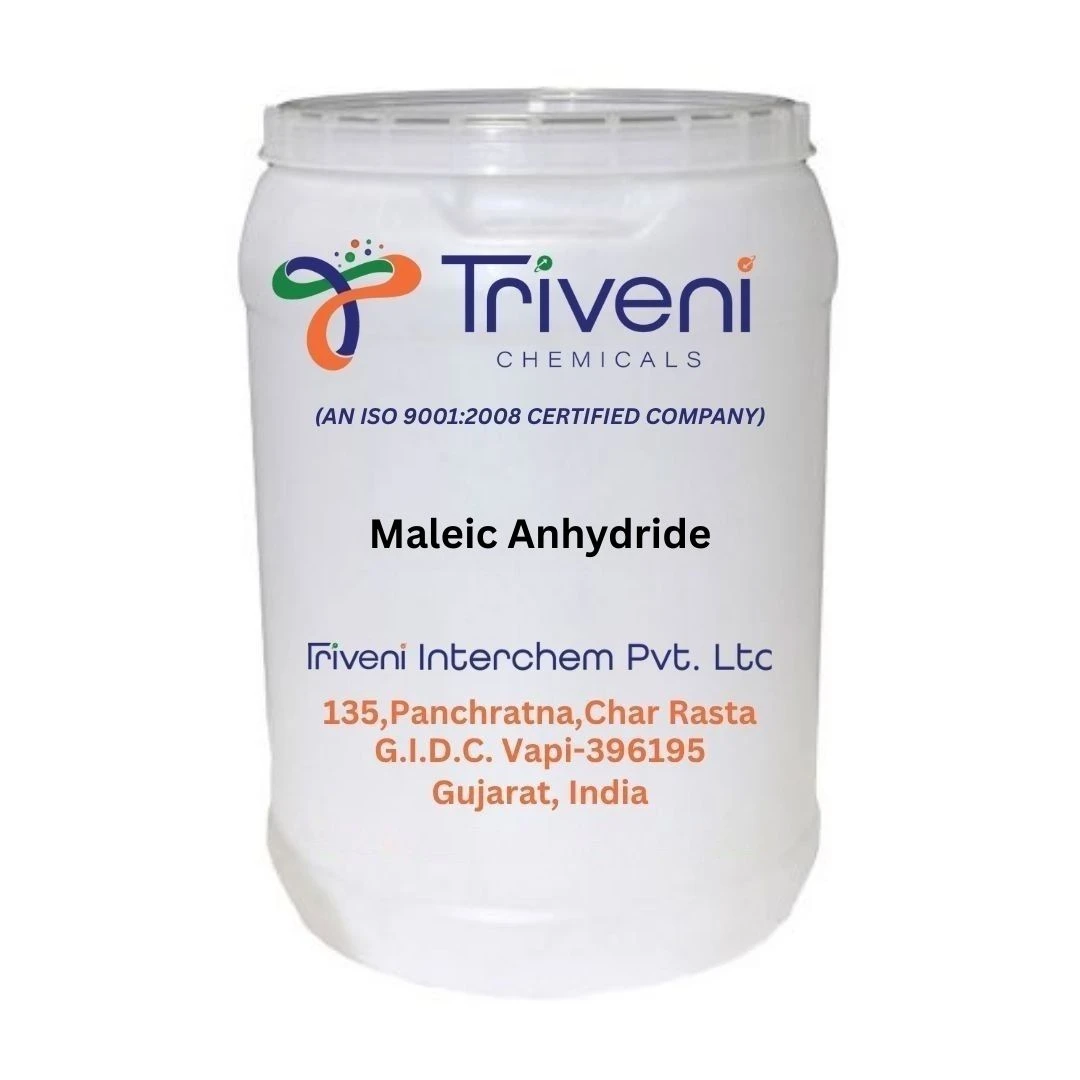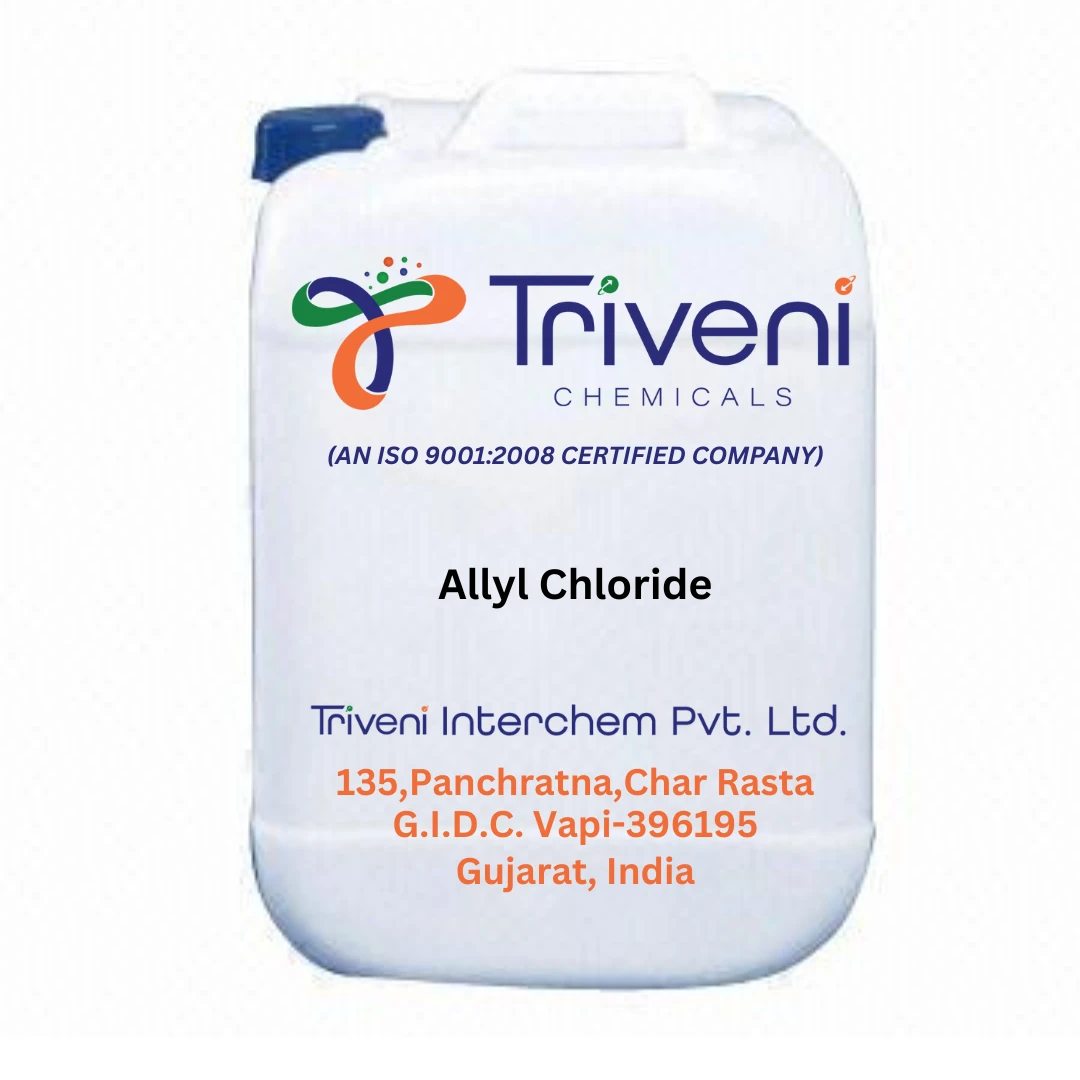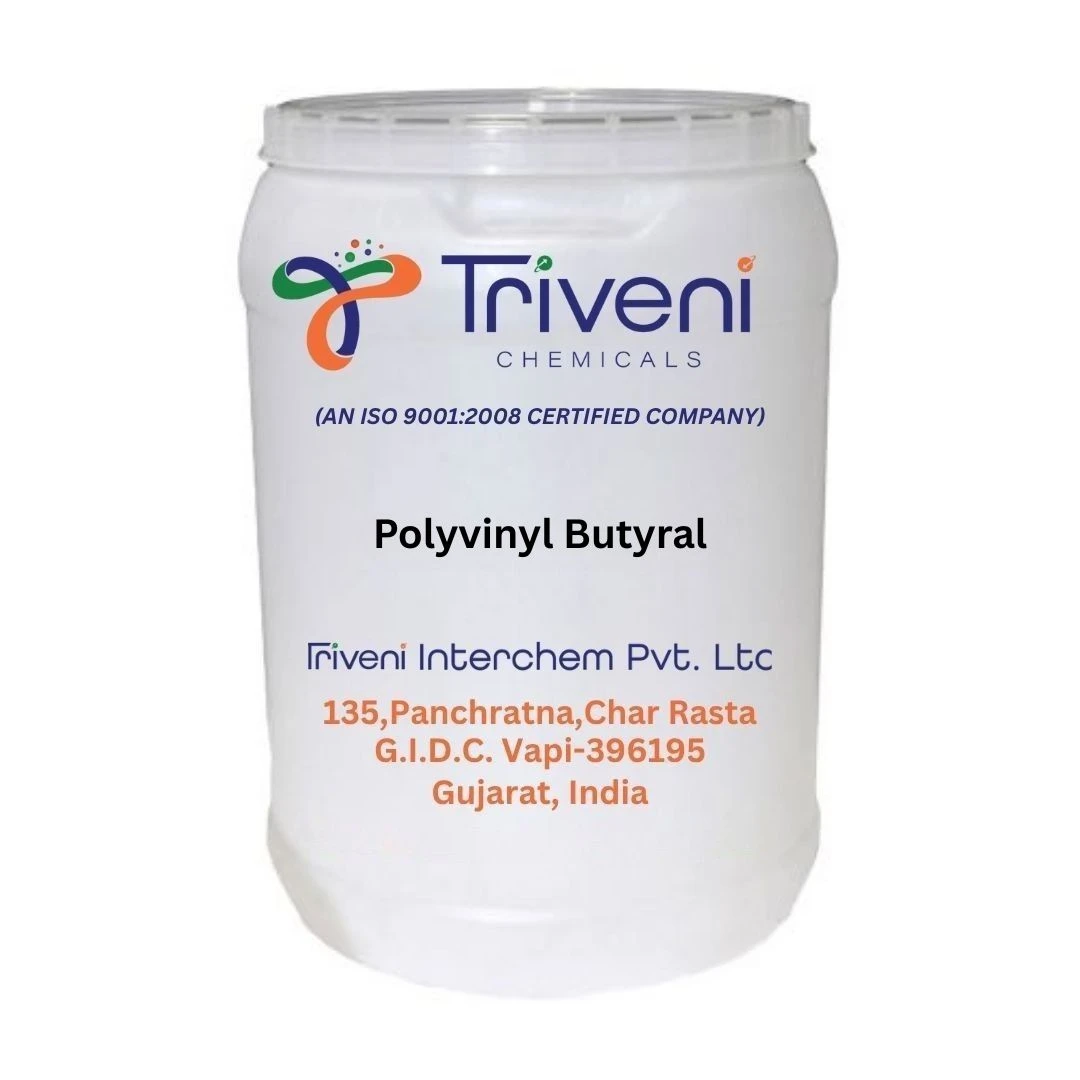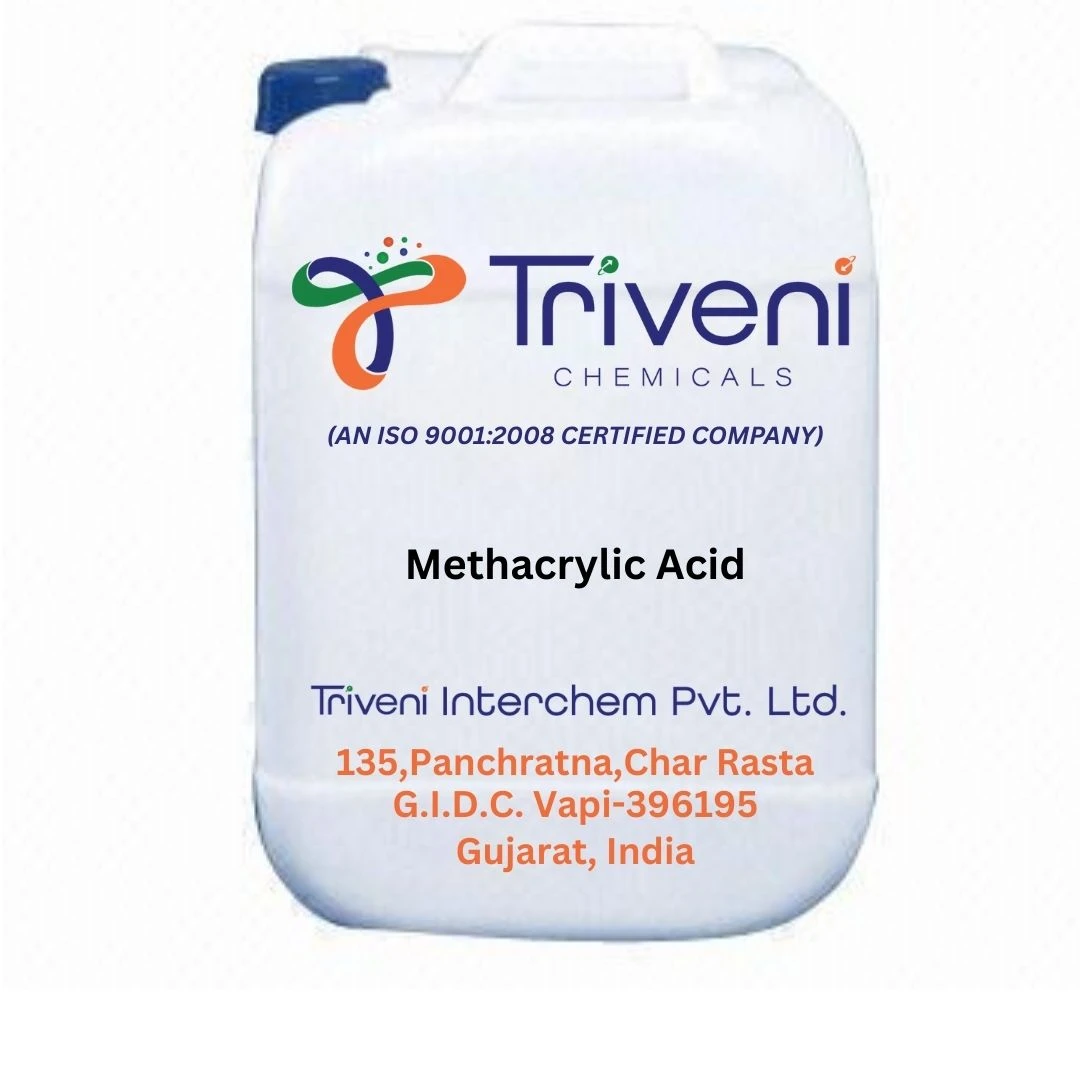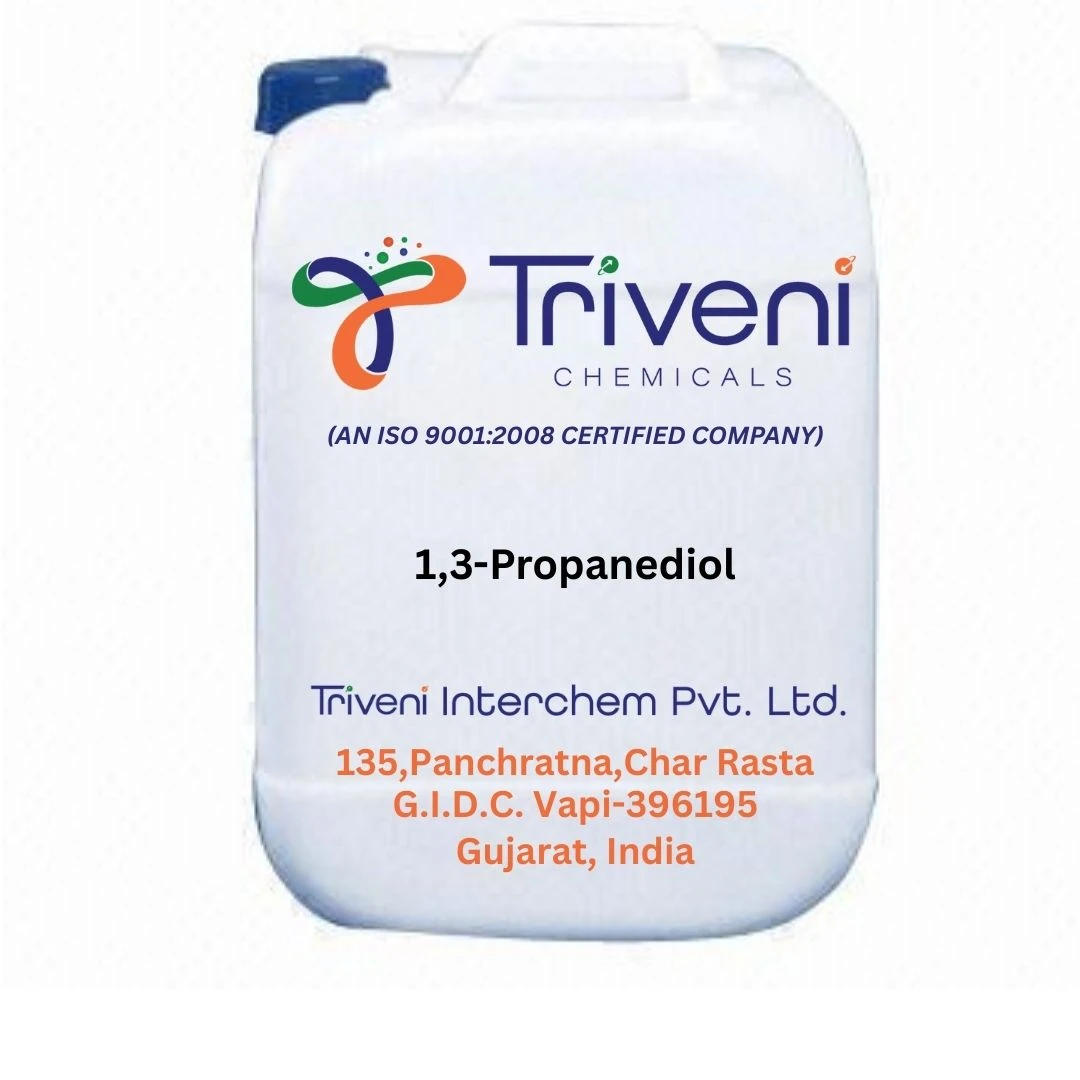Because polymer resins are so versatile, durable, and adaptable, they are essential parts of many consumer and industrial applications. These resins are organic substances that are usually made up of polymers, or long-chain molecules, which are created when monomer units form chemical bonds with one another during the polymerization process.Thermoplastic..
Because polymer resins are so versatile, durable, and adaptable, they are essential parts of many consumer and industrial applications. These resins are organic substances that are usually made up of polymers, or long-chain molecules, which are created when monomer units form chemical bonds with one another during the polymerization process.Thermoplastic and thermosetting resins are the two main types of polymer resins. Thermoplastic resins can be heated repeatedly to soften and reshape materials like polyethylene, polypropylene, and polyvinyl chloride (PVC). They are perfect for manufacturing procedures including blow molding, extrusion, and injection molding because of this feature. Because they are simple to process and can be recycled, thermoplastics are frequently utilized in consumer items, automobile parts, and packaging.Conversely, when heated or chemically treated, thermosetting resins—such as polyester, epoxy, and phenolic resins—go through an irreversible curing process that produces a hard, infusible material. Cross-linked molecule structures, which offer better mechanical qualities, thermal stability, and chemical resistance, are what cause this permanent set. Thermosetting resins are widely utilized in applications including electronics, adhesives, coatings, and composite materials for the marine and aerospace sectors that demand strong performance.For example, epoxy resins are widely used in the electronics sector and for structural applications such as bonding and surface coatings because of their strong adhesive qualities and electrical insulation capabilities. Because of their superior resilience to environmental deterioration, polyester resins—which are frequently used in fiberglass reinforced polymers, or FRP—find application in the automotive, construction, and marine industries.Technological developments in materials science and engineering have also had a major impact on the development of polymer resins. Advancements in resin compositions and manufacturing methods have produced high-performance polymers with specialized characteristics for certain uses. For example, engineering polymers with outstanding strength, impact resistance, and thermal stability—like polycarbonate and polyamide (nylon)—are appropriate for harsh situations.In conclusion, polymer resins are essential to contemporary production and product development. Their varied qualities and capacities enable a broad range of applications, fostering efficiency and creativity in a number of industries. Even more sophisticated materials are anticipated as polymer research continues to grow, supporting both ecological practices and technological advancement.


